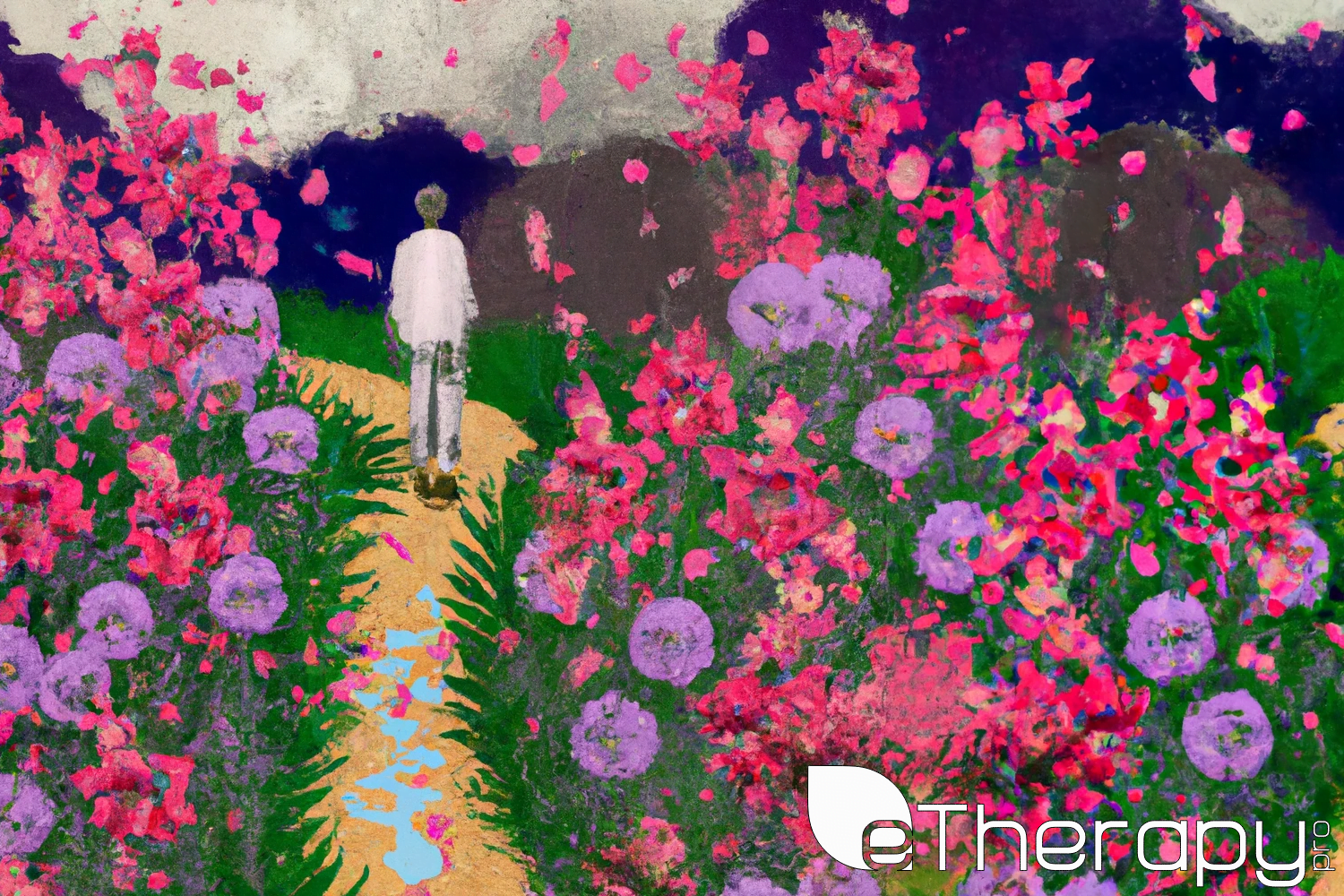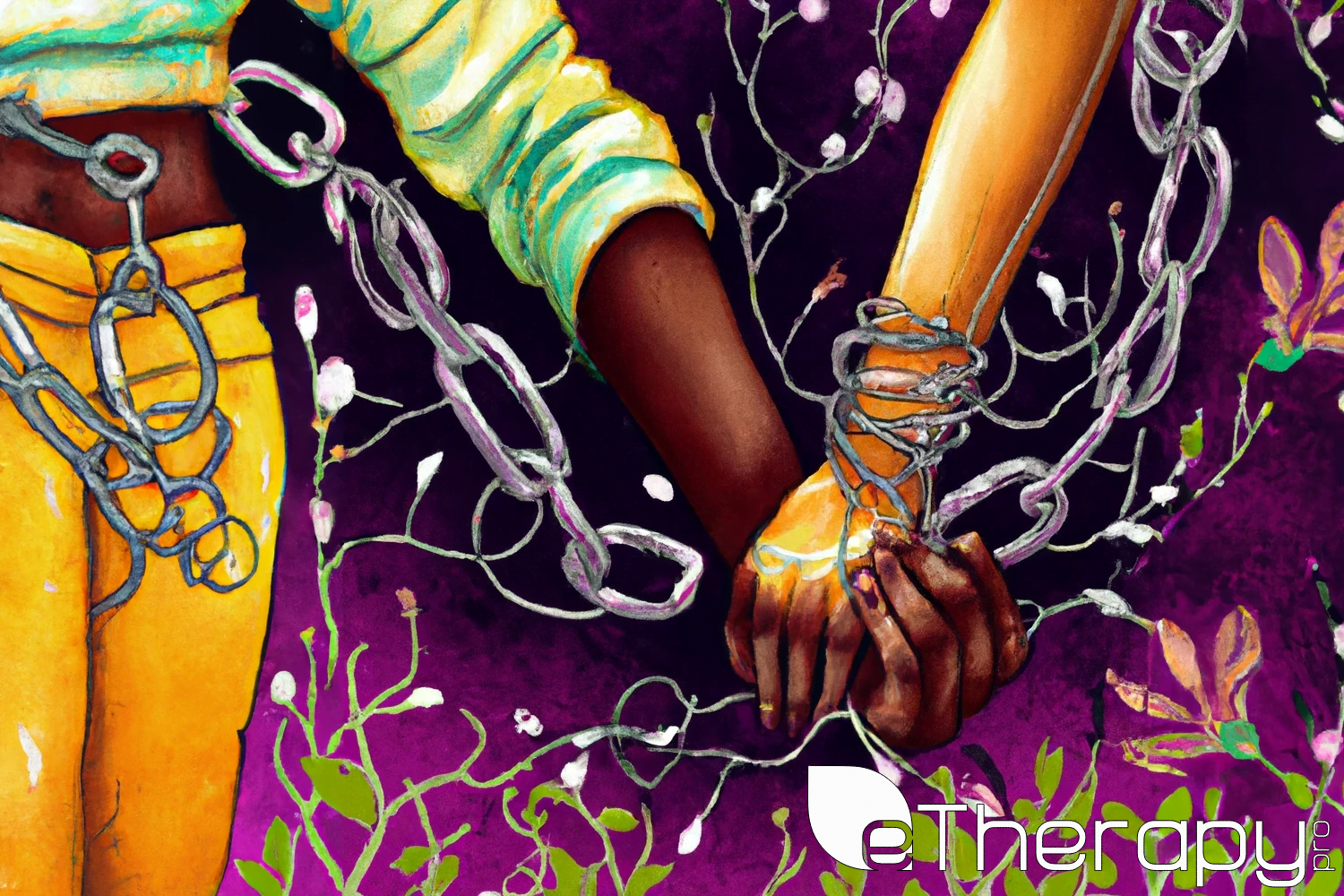 Imagine walking through life with a slightly deflated balloon, always feeling a tad less buoyant than everyone else. That’s how life can feel without a healthy sense of self-worth. Not everyone was fortunate enough to grow up in environments that nurtured their self-esteem. Sometimes, families, unintentionally or not, skipped that vital lesson. But here’s the empowering part: adulthood offers a second chance!
Imagine walking through life with a slightly deflated balloon, always feeling a tad less buoyant than everyone else. That’s how life can feel without a healthy sense of self-worth. Not everyone was fortunate enough to grow up in environments that nurtured their self-esteem. Sometimes, families, unintentionally or not, skipped that vital lesson. But here’s the empowering part: adulthood offers a second chance!
The best time to plant a tree was 20 years ago. The second-best time is now. – Chinese Proverb
We can learn, grow, and cultivate our self-worth now, no matter our past. Let’s embark on this uplifting journey together.
Self-Worth as a Skill
Many believe that self-worth is innate, something you’re born with. But what if it’s more like a muscle, something that can be developed and strengthened with the right exercises? The journey to recognizing and embracing one’s self-worth often involves unlearning harmful beliefs and replacing them with empowering thoughts. It’s a skill that can be honed with dedication and practice.
Recognizing Self-Worth
Before you can build self-worth, you need to recognize it. Every individual, by virtue of being alive, has worth. It’s not tied to achievements, possessions, or social status.
- Self-reflection: Spend some quiet moments pondering your strengths and qualities. Think about times you’ve made a difference in someone’s life, however small.
- Feedback from Loved Ones: Sometimes, others see our worth better than we do. Talk to close friends or family members about your positive traits.
- Journaling: Documenting your daily achievements, however trivial they might seem, can be an eye-opener.
Practicing Affirmation
Positive affirmations, when repeated consistently, can shape our subconscious mind and reinforce our belief in our self-worth. They’re like small daily doses of self-love and self-acknowledgment.
- “I am worthy of love and respect.”
- “My feelings and thoughts are valid.”
- “I bring value to the lives of the people around me.”
- “Every day, I grow stronger in my self-belief.”
In the hustle of daily life, it’s easy to lose sight of our intrinsic value. However, with conscious effort and practice, one can cultivate a robust sense of self-worth, reaping its benefits in every aspect of life.
Nature vs. Nurture in Self-Worth
When pondering our self-worth, a pressing question often surfaces: is it inherent or cultivated? While genetics gift us with certain personality traits, self-worth isn’t necessarily among them. It’s predominantly a learned quality, influenced by our environment, experiences, and upbringing.
Inherited Traits vs. Environmental Impact
True, our DNA shapes many aspects of who we are — from the color of our eyes to certain behavioral tendencies. However, when it comes to self-worth, our life experiences and environment play a paramount role. This revelation is both empowering and promising; it means that no matter our background, we have the potential to cultivate a strong sense of self-worth.
We must not allow other people’s limited perceptions to define us. – Virginia Satir
This is a reminder that external judgments, though powerful, don’t determine our worth. Rather than being prisoners to genetic predispositions or past experiences, we have the agency to define our value.
Upbringing, societal expectations, personal experiences, and interactions all contribute to how we perceive our worth. These environmental influences can either strengthen our self-belief or challenge it. By acknowledging that self-worth is learned, we can take proactive steps to nurture and enhance it, regardless of our past or inherent tendencies.
Embracing the idea that self-worth is predominantly learned offers hope. It signifies that with conscious effort, guidance, and time, anyone can rewrite their self-worth story.
Economic Models of Self-Worth
In today’s fast-paced society, it’s tough not to tie our self-worth to economic models. Both societal influences and the media constantly flood us with messages about what success “should” look like. But do these economic models truly define our value?
The Double-Edged Sword of Social Media
Ah, social media! A platform where you can share your cat’s latest antics, but also a space that can sometimes poke at your self-esteem. For all its connection-building perks, social media also showcases highlight reels of people’s lives, leading many to compare their behind-the-scenes with someone else’s stage performance. This can create a warped sense of self-worth, making us believe we’re lacking if we don’t have the latest tech gadget, vacation photos, or ideal body type. The trick is to remember: social media isn’t always real life.
Defining Worth Beyond Money
Money. It’s essential for survival in today’s world, but should it be the yardstick for our worth? Capitalism often equates value with wealth. If you earn more, you’re “worth” more. But think about it: does that make a teacher, nurse, or artist any less valuable than a top-tier CEO? True self-worth goes beyond bank balances and dives deep into contributions, passions, and the impact we leave behind. It’s time we challenge this capitalistic measure and recognize that every individual has intrinsic value, irrespective of their financial statement.
Remember, money can buy a lot of things, but it can’t buy genuine self-worth. That’s something we each have to find and nurture within ourselves.
Beyond the Media’s Definition of Worth
In a world of hashtags and viral trends, it’s tempting to define worth by popularity meters. But remember, real value lies in embracing your authentic passions. Be it knitting, stargazing, jazz music, or collecting stamps – celebrate what sets your heart on fire, without seeking validation.
Daily Acts of Self-Love
Celebrating oneself doesn’t always require grand gestures. Often, it’s the simple, overlooked acts that hold profound value. Here are a few things we often forget:
- Spend time soaking up the sun, feeling its warm embrace.
- Read that book you’ve been putting off.
- Cook yourself a hearty meal, even if it’s just scrambled eggs.
- Put on your favorite song and dance like no one’s watching.
- Take a tech-free day. Embrace the silence.
- Revisit a hobby you left behind.
- Treat yourself to a quiet moment with a cup of tea.
- Write down something you’ve learned about yourself today.
These everyday acts remind us of our worth and the joys of self-care. Start with one today, and gradually build upon it. Consistency is key, so continue to practice these acts regularly. Every time you do, acknowledge your efforts. Remember, every skill, including self-love, gets better with practice. Give yourself the same dedication and patience you’d offer to someone you care about.
Conclusion
As we wrap up this journey of self-exploration, we’ve seen that self-worth isn’t just about inherent traits or external influences. It’s a combination of understanding our inherent value and consciously nurturing it. Life gets busy, and external voices get loud, but remember, amidst all this noise, there’s a gentle voice within, whispering about your worth. Listen to it, nurture it, and let it guide you to a life of joy and self-fulfillment.
 In every classic tale, there’s often a hero — someone who swoops in to save the day. But what happens when this age-old narrative seeps into our romantic relationships? From ancient myths to modern movies, the allure of the savior has been deeply entrenched in our psyche. But why do we, time and again, seek heroes in love? Is it the emotional validation, the promise of stability, or the ideal of romantic love that’s portrayed in pop culture? In this article, we’ll dive into the Savior Complex, its roots, its implications, and its impact on our quest for love.
In every classic tale, there’s often a hero — someone who swoops in to save the day. But what happens when this age-old narrative seeps into our romantic relationships? From ancient myths to modern movies, the allure of the savior has been deeply entrenched in our psyche. But why do we, time and again, seek heroes in love? Is it the emotional validation, the promise of stability, or the ideal of romantic love that’s portrayed in pop culture? In this article, we’ll dive into the Savior Complex, its roots, its implications, and its impact on our quest for love.
